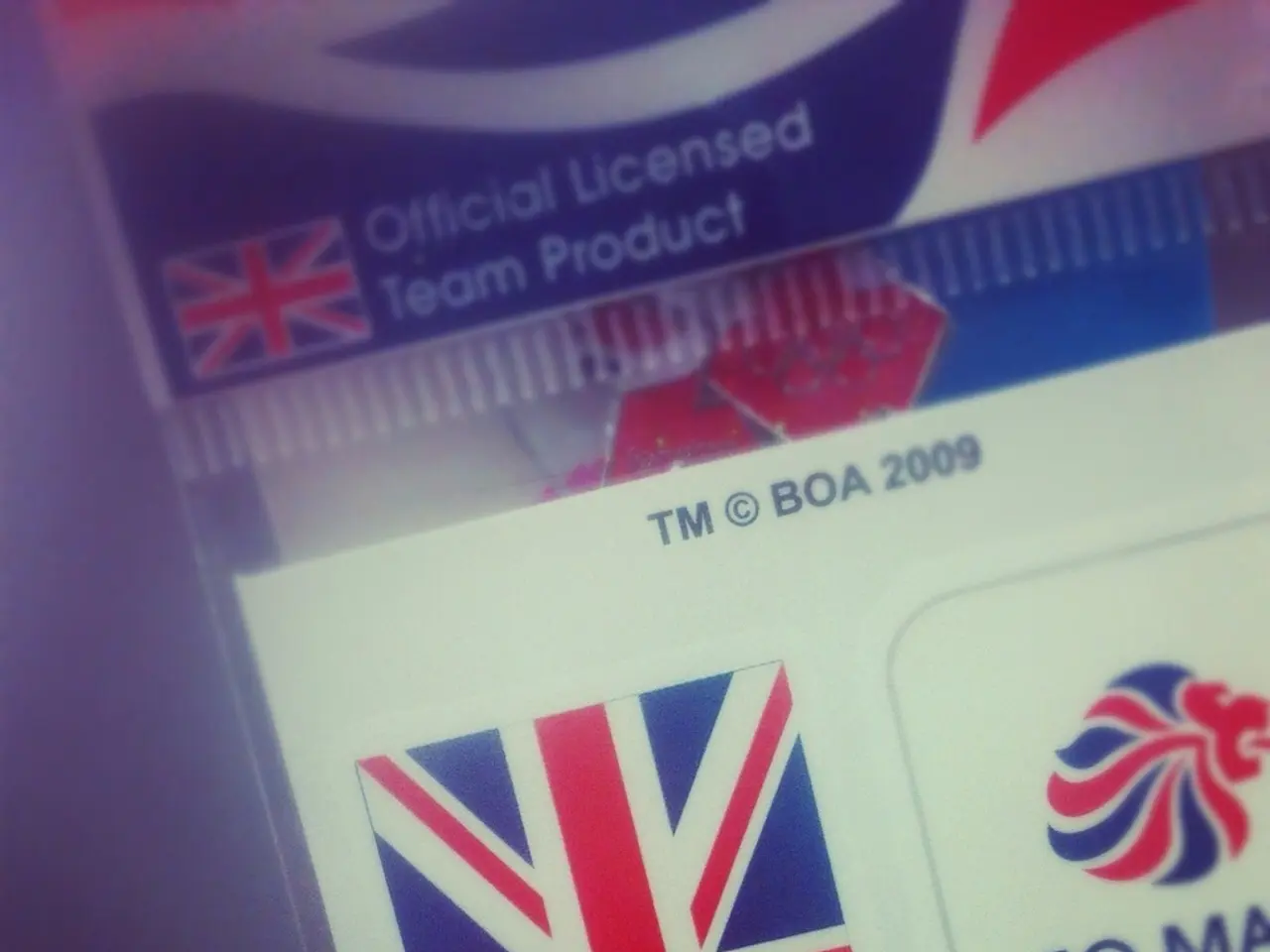Work progresses in defiance of a legal challenge advancing
The legal battle between UR Pride and the Saskatchewan government over the province's controversial pronoun policy (Bill 137) has taken a significant step forward. Despite the government's use of the notwithstanding clause to shield the law from certain constitutional scrutiny, the Saskatchewan Court of Appeal has ruled that the courts retain jurisdiction to hear the challenge and determine whether the law violates the Charter[1][2][3].
UR Pride, an advocacy group for gender-diverse youth, amended their challenge to argue that Bill 137 violates Section 12 of the Canadian Charter, which protects individuals against cruel and unusual treatment or punishment. They claim that the law causes irreparable harm to gender-diverse youth by requiring parental consent for changing names or pronouns for students under 16 years old[1][3].
The government, on the other hand, contends that the use of the notwithstanding clause protects the law from being struck down. However, the Court of Appeal rejected this, affirming that it is the role of the judiciary to determine constitutionality, even when the notwithstanding clause is invoked[1][2][3].
Premier Scott Moe has stated that the government plans to continue implementing the law. He did not confirm whether Saskatchewan would appeal the Court of Appeal’s ruling on Bill 137, hinting at awaiting decisions from the Supreme Court of Canada on related issues like Quebec’s Bill 21, which also involved the notwithstanding clause[5].
In Quebec, the Supreme Court is currently deciding whether courts can rule on a piece of legislation protected by the notwithstanding clause. The outcome of this case could have implications for the Saskatchewan case, as it may provide clarification on the scope and limits of the notwithstanding clause[1][2][3][5].
The government believes parents have a right to be involved in their children's education and encourages schools to gain feedback from parents and families. However, UR Pride seeks a declaration that the Parents' Bill of Rights violates Section 12 of the Charter, which could potentially limit the government's ability to involve parents in certain decisions regarding gender-diverse youth[1][3].
In summary, the legal challenge by UR Pride is ongoing and will proceed in the Court of King’s Bench. The Court of Appeal's decision allows UR Pride to seek a declaration that the Parents' Bill of Rights violates Section 12 of the Charter. The case may ultimately require resolution by the Supreme Court of Canada concerning the scope and limits of the notwithstanding clause[1][2][3][5].
[1] CBC News. (2022, March 25). Saskatchewan Court of Appeal rules on UR Pride's challenge to province's pronoun policy. Retrieved from https://www.cbc.ca/news/canada/saskatoon/saskatchewan-court-of-appeal-rules-on-ur-prides-challenge-to-province-s-pronoun-policy-1.6406320
[2] Global News. (2022, March 25). Saskatchewan Court of Appeal rules UR Pride can challenge province's pronoun policy. Retrieved from https://globalnews.ca/news/8784287/saskatchewan-court-of-appeal-ur-pride-challenge-pronoun-policy/
[3] Canadian Press. (2022, March 25). Saskatchewan Court of Appeal rules UR Pride can challenge province's pronoun policy. Retrieved from https://torontosun.com/news/national/saskatchewan-court-of-appeal-rules-ur-pride-can-challenge-province-s-pronoun-policy
[4] CBC News. (2021, March 29). Saskatchewan government tables Parents' Bill of Rights. Retrieved from https://www.cbc.ca/news/canada/saskatoon/saskatchewan-government-tables-parents-bill-of-rights-1.5928018
[5] CBC News. (2022, March 25). Saskatchewan Court of Appeal rules on UR Pride's challenge to province's pronoun policy. Retrieved from https://www.cbc.ca/news/canada/saskatoon/saskatchewan-court-of-appeal-rules-on-ur-prides-challenge-to-province-s-pronoun-policy-1.6406320
News regarding the legal challenge by UR Pride against Saskatchewan's controversial pronoun policy (Bill 137) has remained in the general news. The Saskatchewan Court of Appeal's ruling confirmed that courts retain jurisdiction to hear the challenge and determine if the law violates the Canadian Charter, specifically Section 12 that protects against cruel and unusual treatment or punishment. In the policy-and-legislation sphere, the case may soon progress to the Supreme Court of Canada, where decisions about the scope and limits of the notwithstanding clause could be made, potentially impacting the final verdict on Bill 137. The politics of parental involvement in education, as emphasized in the Parents' Bill of Rights, also plays a role in this ongoing political issue.






